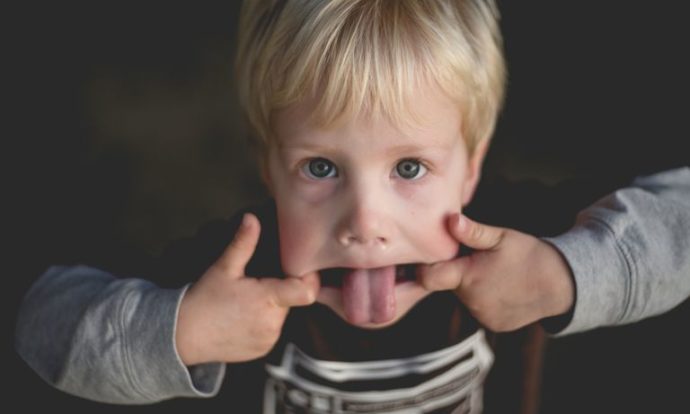Be prepared to respond to the most common behavior problems with effective discipline strategies. With appropriate interventions, you’ll curb these behaviors before your child gets into grade school.
1. Lying
Lying is a fairly common behavior in preschoolers.
Sometimes they struggle to tell the difference between what’s real and what’s not. After all, most preschoolers engage in a lot of pretend play and surround themselves with books, movies and TV shows where people can fly and pets can talk.
Help your preschooler develop an understanding of the difference between lying andtelling the truth. If your child tells a lie, ask, “Is that something that actually happened or something you wish happened?” Most children will then explain that it is just something they’re making up.
Encourage your child to have a vivid imagination, but make it clear that you expect your child to be forthcoming when she’s making something up. Establish ahousehold rule about honesty to make your expectations clear.
2. Whining
Preschoolers often whine when they don’t get their way. They tend to think that if you say no the first time, begging and whining will force you to change your mind.
As annoying as whining can be, don’t give in. Otherwise, you’ll encourage the behavior to continue.
Instead, keep your discipline consistent. Make sure to give your child the message that “No means no.” If you waiver at all, she’ll likely keep whining.
The only thing worse than a whining 4-year-old, is a whining 14-year-old.
Put in some extra effort now to make sure that whining doesn’t become a life-long habit for your child.
Read More: 6 Steps to Getting a Child to Stop Whining
3. Baby Talk
Baby talk can be right up near the top of the list when it comes to annoying behaviors. However, most preschoolers revert to baby talk at some point or another.
Sometimes, they revert to baby talk in an attempt to gain attention. At other times, they regress due to stress or anxiety. For example, a child may begin to use baby talk right before he enters kindergarten because he’s nervous about the transition.
You can handle baby talk in a similar way that you respond to whining. Set limitsand remember, it’s likely a phase that should pass quickly. Just make sure you don’t accidentally encourage baby talk by giving it too much attention.
4. Defiance
Although preschoolers often want to be helpful, they also like to assert their independence. It’s common for them to say, “No!” when you tell them to do something just to see how you’ll react.
Establish a list of household rules and make the negative consequences for breaking those rules clear. Be consistent in your discipline, because preschoolers will likely to try to get away with misbehavior as long as they think there’s a small chance they won’t get in trouble.
Use positive reinforcement to encourage compliance. Praise and reward systems, such as a sticker chart can increase the likelihood that your preschooler will follow directions.
Read More: 10 Ways to Deal with a Child’s Defiance and Non-Compliance
5. Aggression
Most preschoolers have gained some mastery over temper tantrums but still haven’t gained enough impulse control to prevent the occasional aggressive behavior. Hitting, kicking, and occasional biting can still be a problem.
Respond to aggressive behavior with consistent discipline. Time-out teaches children how to calm themselves down. Taking away privileges can also be aneffective consequence for aggression.
Teach your child problem-solving skills so she can resolve conflict peacefully. Alsoteach your child about feelings so she can express her emotions with words, instead of by acting out how she feels. Aggressive behavior should subside as your child masters those skills.
Read More: Discipline Strategies to Manage Aggression
Taken from website

 Although the “terrible twos” are over, it doesn’t mean the preschool years are clear sailing. In fact, as your preschooler gains more independence, it can mean even more behavior problems.
Although the “terrible twos” are over, it doesn’t mean the preschool years are clear sailing. In fact, as your preschooler gains more independence, it can mean even more behavior problems.